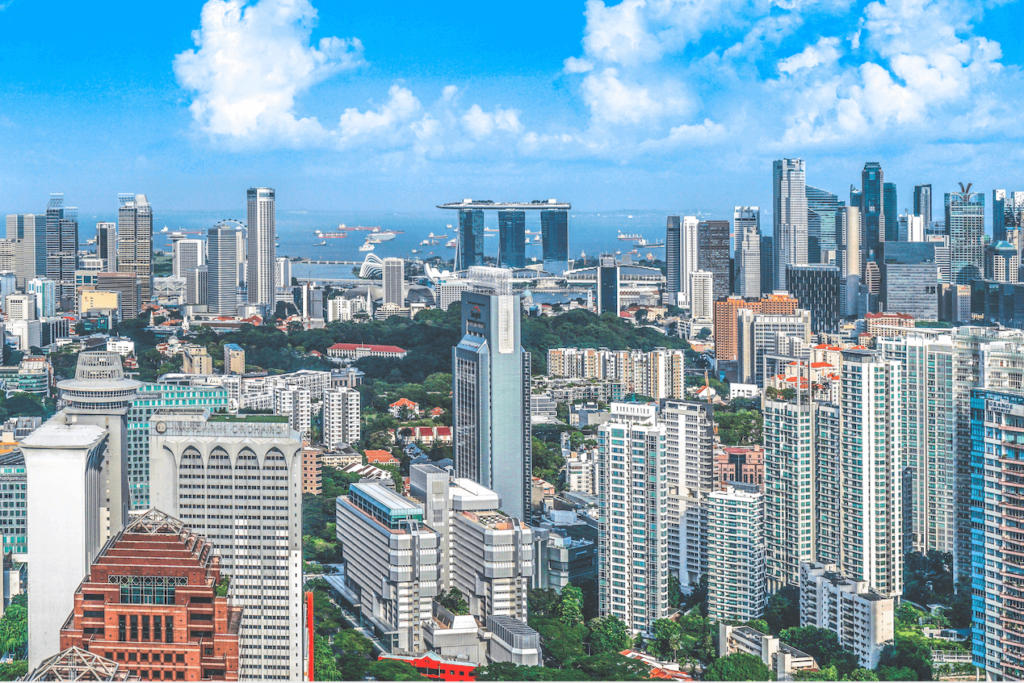While most concerns surrounding COVID-19 and offices include remote working possibilities and social distancing, Singapore is attempting to deal with a different facet of the health crisis – through the use of office buildings themselves.
The COVID-19 pandemic has certainly included global pressure on governments to address shortages in housing, disadvantaging those lacking clean washing facilities and so on. According to urban experts in Singapore, these concerns have translated into allowing local authorities to exercise greater freedoms in converting empty office buildings into suitable social housing.
In November, the South Korean government promised to add 114,000 homes for public housing within the coming years by converting empty hotels and offices into residences. Singapore is pushing for a likewise plan.
The government plans to redevelop unused, old offices in its central business district, coupled with converting excess car park spaces into homes, shops and restaurants. These plans could thus be the new beginning of a mass conversion of previous working and commercial spaces into public housing.
According to a survey conducted last month by the Singapore Times, eight out of 10 workers in Singapore preferred either working entirely remotely or flexible working arrangements as opposed to what existed prior to the COVID-19 pandemic. This response could thus equate to thousands of vacant office spaces and car parks in the city.
However, this plan is not entirely revolutionary. While it has certainly seen acceleration from the pandemic, a scheme in New York launched in the 1990s was first to provide tax breaks to similar conversions. In the US, office buildings have since stood as the most common structures to be turned into rental housing units.
It will be interesting to see how this plan pans out in Singapore in the coming months and years, and whether other countries will be inspired to follow suit.
